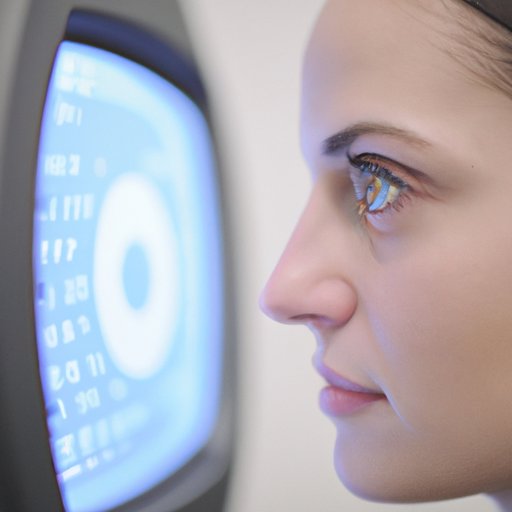
Introduction
Cancer is a disease that affects millions of people every year. Whether you or a loved one has been diagnosed, it can be a challenging and stressful experience. However, early detection and effective coping strategies can help improve your chances of successful treatment. In this article, we’ll explore how to detect cancer early, steps to take if you suspect you may have cancer, medical tests that can help confirm a diagnosis, coping with emotions associated with cancer, and the importance of regular check-ups.
Symptoms to Watch for: How to Detect Cancer Early
Many types of cancer do not present any symptoms in their early stages, which can make detecting the disease challenging. However, some symptoms may indicate the presence of cancer, including:
- Unexplained weight loss
- Changes in skin texture or color
- Chronic fatigue
- Unexplained pain or discomfort
- Bloody or black stools
- Lumps or swelling
- Difficulty swallowing or persistent coughing
It’s important to pay attention to your body and seek medical attention if you notice any of these symptoms. Your doctor can perform tests to determine the underlying cause of your symptoms and develop an appropriate treatment plan.
Beating the Odds: Steps to Take If You Suspect You May Have Cancer
If you suspect you may have cancer, there are practical steps you can take to increase your chances of a successful outcome:
- Schedule an appointment with your healthcare provider as soon as possible. Your doctor can perform diagnostic tests and help determine the best course of treatment.
- Track your symptoms, including when they started and how often they occur. This information can help your doctor make an accurate diagnosis.
- Gather important medical information, including any previous cancer diagnoses, medical history, and family history of cancer. This information can help your doctor develop a personalized treatment plan.
By taking these steps, you can increase your chances of early detection and successful treatment.
Cancer Diagnostics: The Medical Tests That Can Help Confirm a Diagnosis
Once you’ve scheduled an appointment with your doctor, they may recommend diagnostic tests to help confirm or rule out a cancer diagnosis. These tests may include:
- Blood tests: These tests can detect markers that indicate the presence of cancer in the body. However, they cannot provide a definitive diagnosis.
- Imaging scans: X-rays, CT scans, MRIs, and PET scans can help identify the location and size of tumors, as well as any spread to nearby tissues or organs.
- Biopsies: These tests involve removing a small sample of tissue from the suspected cancer site and examining it under a microscope to confirm or rule out a cancer diagnosis.
It’s important to understand how these tests work, what they can detect, and what you can expect during the diagnostic process. Your doctor can provide more information about what diagnostic tests are right for you.
The Emotional Journey of Discovering You Have Cancer
Receiving a cancer diagnosis can be overwhelming, and it’s normal to experience a range of emotions during this time. Common emotions include:
- Fear and anxiety
- Anger
- Depression and sadness
- Uncertainty about the future
It’s important to remember that it’s normal to experience these emotions and to seek emotional support during this time. This may include talking with loved ones, joining a support group, or seeking counseling.
The Importance of Regular Check-Ups: How Routine Screenings Can Detect Cancer Early
Routine health screenings can help detect cancer early, when treatment is often more effective. Common screenings include:
- Mammograms: A breast cancer screening tool
- Colonoscopies: A colon cancer screening tool
- Pap tests: A cervical cancer screening tool
It’s important to schedule regular check-ups with your doctor and to prioritize your health and well-being. By staying proactive about your health, you can increase your chances of early detection and successful treatment.
Conclusion
Cancer is a challenging and stressful experience, but early detection and effective coping strategies can help increase your chances of successful treatment. If you suspect you may have cancer, be sure to seek medical attention, track your symptoms, and gather important medical information. Your doctor can recommend appropriate diagnostic tests and develop a personalized treatment plan. Remember that it’s normal to experience a range of emotions during this time, and that emotional support is available. Finally, be sure to stay proactive about your health by scheduling regular check-ups and health screenings.




